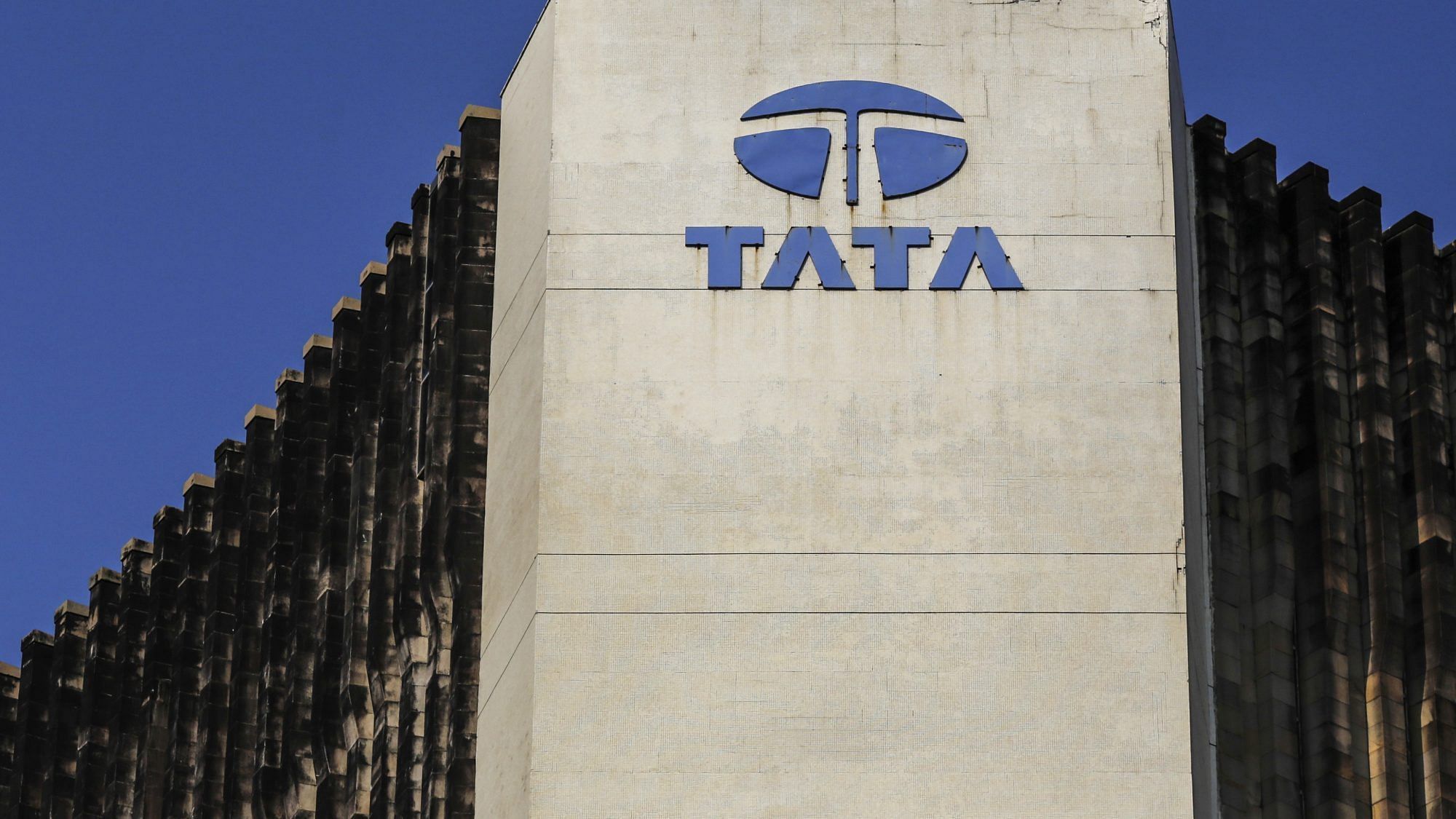Tatas Count Losses as E-Commerce Business Grows: A Deep Dive into the 2023 Scenario

Tatas Count Losses as E-Commerce Business Grows: A Deep Dive into the 2023 Scenario
E-tailers actively promoted their sale events throughout the Fourth of July weekend to capitalise on the extended holiday and laid-back customers. One of them, Tata Neu, the one-and-a-half-year-old digital app from the Tata group, did everything it could to keep up with its more seasoned competitors, Flipkart, Amazon, and JioMart, in terms of marketing.
Tata Neu offered massive reductions of up to 85% on clothing and shoes, while up to 70% off was given on several electronics, cosmetics, and grooming goods. It provided discounts of up to 50% on fresh fruit and goods.

During this year’s I-Day sale season, we witnessed a 23% increase in orders across significant areas, according to Unicommerce, a third-party Saas platform that records these events. Among the e-tailers who benefited from this development was Tata Neu.
This marks the beginning of a protracted journey for Tata Neu and its parent firm Tata Digital, the Tata group’s e-commerce division. Tata Neu has launched and redesigned itself over the past 15 months to stay competitive.
According to Tata Sons’ most recent annual report, financial data for FY23 reveals that Tata Digital saw a 13-fold increase in sales over the prior year to Rs 204.35 crore. At the same time, however, losses have increased, going from Rs 1,122.88 crore in FY22 to Rs 1,370.09 crore in FY23. These financials exclude the results of Tata Digital subsidiaries BigBasket, Croma, 1mg, and Tata Cliq.
However, the pattern is the same inside these subsidiaries: In FY23, revenue and losses increased (see chart). For instance, the group’s e-grocery division, BigBasket, had a roughly 30% increase in sales from Rs 7,462.18 crore in FY22 to Rs 9,695.67 crore in FY23.
The B2B branch of BigBasket, Supermarket Grocery Supplies, divided its income with the B2C arm, Innovative Retail Concepts. B2C’s revenue share was substantially higher at Rs 7,434.39 crore compared to B2B’s revenue share of Rs 2,261.28 crore. The bottom line was negative despite the increase in the top bar. BigBasket lost Rs 1,750 crore in FY23, almost twice as much as it lost in FY22 ($896 crore).

According to a breakdown, BigBasket lost Rs. 1,535.2 crore through B2C and Rs. 215.2 crore through B2B in FY23.
According to the annual report, even Tata 1mg, the group’s e-pharmacy subsidiary, had a revenue rise of more than three times, from around Rs 544.28 crore in FY22 to nearly Rs 1,685.48 crore in FY23. Through two companies, Tata 1mg Healthcare Solutions (100%) and Tata 1mg Technologies (63.55%), the group owns the e-pharmacy sector.
Losses at e-pharmacies also increased significantly. Tata 1mg lost money overall in FY22, to about Rs 486.92 crore, which increased to Rs 1,261.99 crore in FY23 (See chart).
According to its most recent regulatory reports, Tata Unistore, which owns and operates Tata Cliq, reported a 16% rise in net loss for the fiscal year 2022–23, coming in at 874.7 crore, even though its sales fell to 407.7 crore from 844.6 crore the year before. The company’s decision to withdraw from several categories of electronics and the loss from expenditures in the business expansion is what Tatas have cited as the causes of the decline in revenue.

In its most recent annual report, the Tata Group stated that the e-commerce industry is still in an investment phase and would take some time to become profitable. According to the statement, the group has spent Rs 18,943 crore on Tata Digital and is still dedicated to its long-term expansion.
According to experts, the Tata Group, a late entry into the e-commerce market, faces tough competition from well-established companies like Amazon, Flipkart, and Reliance Industries. Growth in the future will depend more on overall experience than discounts alone.
“E-commerce in India has come a long way and now reflects a maturing ecosystem,” said Kapil Makhija, CEO of Unicommerce.
According to him, brands are now emphasising providing a seamless experience more than just trying to attract people by offering discounts.
For instance, the recent redesign of Tata Neu aimed to give customers this seamless experience. The app received a fresh redesign and enhanced navigation and payment options.

Industry insiders claim that the app has 75 million subscribers in its Neupass rewards programme and that 60 million people have downloaded the updated version of the app in the previous few months. Additionally, compared to a few months ago, multi-category purchases on the app have increased by 25%, up from 10%.
According to insiders within the Tata Group, the conglomerate expects the e-commerce company to develop profitably in three to five years. It could also keep investing in the company to improve its digital services, address technological issues, and accommodate unforeseen expenditure requirements.
Despite e-commerce being lauded as a breakthrough model for seamless shopping experiences and unprecedented growth, not everyone in the business ecosystem is revelling in its success.
One such entity is India’s venerable Tata Group, which grapples with losses even as its e-commerce platforms scale new heights in user numbers and transaction volumes.
This paradox has set tongues wagging in both business circles and media houses, prompting speculation on what could be at the root of this intriguing scenario. This article aims to dig deep into this development, examining its underlying causes, impact, and future implications.
The digital wave that took the world by storm has reached every corner of India, making online shopping as daily as getting a haircut. Riding this wave, Tata has invested heavily in its digital commerce platforms like Tata CLiQ, StarQuik, and its super app Tata Neu, which combines a variety of services ranging from shopping to entertainment and financial services.

The investment was part of Tata’s ambitious strategy to diversify its portfolio and tap into new markets. With a 153-year-old legacy and an impeccable reputation, Tata Group was widely expected to excel in this space, but 2023 painted a different picture altogether.
Despite solid growth in terms of users and transactions, Tata’s e-commerce endeavours have not been as fruitful as expected, with the company reporting significant operating losses. The businesses are burning cash in the race to acquire new customers, hold onto existing ones, and build a digital infrastructure that can handle the massive scale they seek to achieve. The cost of maintaining a robust online presence, coupled with high competition, has led to a situation where sales are rising, but so are losses.
The cost of acquiring a customer in the Indian e-commerce market is exceedingly high, thanks to intense competition from established players like Amazon and Flipkart. Discounts and incentives have become the norm, harming profit margins.
Tata’s foray into e-commerce also included investments in technology, warehouses, delivery networks, and customer support. The capital and operational expenses for running such a large-scale enterprise have added significantly to the losses.
Taxation, data protection laws, and continuously evolving e-commerce policies in India have also been a cause for concern. Keeping abreast of these regulations requires a dedicated legal and compliance team, increasing operational overheads.

Despite the losses, Tata Group has committed to its long-term vision of building an all-encompassing digital ecosystem. The conglomerate has pursued partnerships and acquisitions to bring more services under its umbrella.
From an investor’s perspective, the losses are a matter of concern but are also seen as a stepping stone to eventual profitability. Venture capitalists and analysts often view losses in the e-commerce sector as ‘investments’ towards building brand equity, customer loyalty, and market share.
Tata’s e-commerce journey so far has been a mixed bag. While the company has managed to penetrate a fiercely competitive market, it has also had to contend with escalating losses.
But if history is any indication, Tata has a knack for taking the long view and turning things around. It remains to be seen how the group tweaks its strategy to convert red ink into black as its e-commerce platforms continue to evolve in a market that shows no signs of slowing down.

As the world closely watches, the question remains: will Tata’s vast experience and diversified portfolio be enough to weather the e-commerce storm and come out on top, or will the losses continue to mount? Time will tell, but one thing is sure: the journey ahead is filled with challenges and opportunities.




